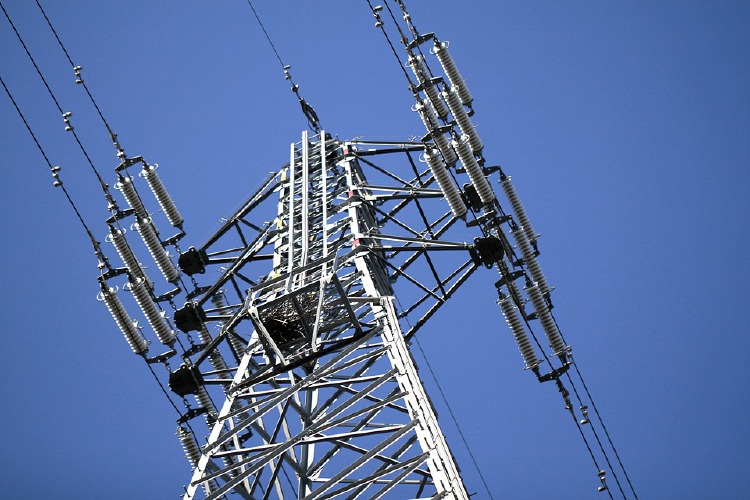There are certainly a number of plans over the three states made to assist power- authorities say the Boston demand provides a massive increase to these efforts, and hungry states Boston, Rhode Island and Connecticut take advantage of the green energy obtainable in Canada.
For resources of renewable energy, the southern New England states, confronted with the requirement for brand new resources of clean energy, have already been looking for a long time.
Numerous Canadian resources have solar and hydroelectric, wind projects that may create energy they want to market for New York and the southern New England states. However the problem continues to be to obtain that energy to these areas from Canada.
There are certainly a number of transmission plans within the three states that may bring that power south.
On March 31, the state’s Section of Energy Resources as well as five Boston electric tools released a plans for tasks that will supply 200 megawatts of energy, the 1, enough to power 000 properties, about 180.
Kevin O’Shea, of the Massachusetts Department of Energy Sources, said the demand can be an essential step toward achieving energy goals clean.
Jesse Jessome, President of TDI New England, that has all of the required permits to operate A – 154-distance $1.2 million power-line down Lake Champlain in the Canadian border and over the condition to Ludlow, where it’d connect towards the New England powergrid, said his organization could be posting a proposal.
In New Hampshire, the Upper Move task that hopes to operate a 192-distance power-line in the Canadian border to Deerfield, will also file a proposal.
We think we’re situated very firmly to react in a successful style and “We plan to react to it,” said Upper Move spokesman Martin Murray.
That is Round 2 of natural energy plans for Connecticut Ma and Rhode Island.
The three states picked a half-dozen solar and wind developers for projects this past year. Which was afraid of the request suggestion of 600 megawatts, approximately the quantity of energy once made by the currently-defunct Vermont Yankee Power.
The states purchased sun and breeze that didn’t need additional opportunities in transmission structure, said Tim Schneider, Maine’s public advocate. The only biggest success was Maine-dependent Ranger Solar, which planned initiatives in Connecticut Maine and New Hampshire totaling 220 megawatts.
Stephan Conant, a senior vice president using the electric transmission organization Anbaric, with a suggestion to create capacity to Boston from northern Maine, said his organization wouldn’t be distributing a suggestion in the present round since the demand centers around the way to obtain energy and never how it’d achieve Massachusetts.
Though he didn’t understand how quickly they’d come but future plans for green energy in southern New England are most likely.
“There is likely to be considered a need moving forward,” Conant said. “Unequivocally, southern New England and Massachusetts won’t fulfill its (green energy) objectives with no sign method to provide those resources.”
